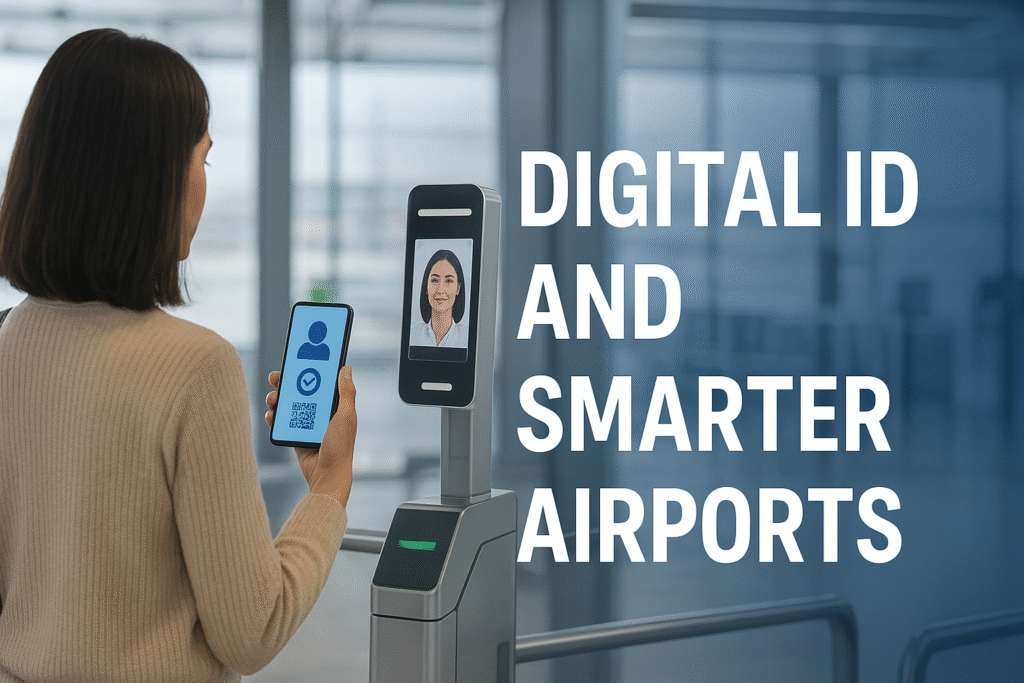
AI assistants have become a staple of modern technology, embedded in our phones, homes, and even cars. From answering questions to managing our schedules, these virtual aides are evolving faster than ever. But what lies ahead for AI assistants? Will they become our digital soulmates or raise deeper ethical questions we aren’t prepared for?
Smarter, More Personalized Experiences
AI assistants are rapidly becoming more context-aware and emotionally intelligent. With advancements in natural language processing (NLP) and machine learning, they no longer just answer queries — they anticipate needs. Imagine waking up and your assistant already knows you’re running late, adjusts your calendar, orders a ride, and notifies your team — all without a prompt.
This level of hyper-personalization will likely become the norm by 2030. Assistants will combine real-time data, behavioral analysis, and even biometric feedback to adapt to users in the most seamless way.
AI Will Be Everywhere — Literally
AI assistants will move beyond phones and smart speakers into wearables, augmented reality glasses, and even smart surfaces. We’re heading into an era where interfaces may disappear altogether, replaced by voice, gestures, or even thought-powered interactions using brain-computer interfaces (BCIs).
Companies like Apple, Meta, and OpenAI are already exploring this integration — merging AI with devices that are invisible but always present.
Ethical Dilemmas and Privacy Concerns
As assistants become more embedded in our lives, so do the ethical implications. How much should an AI know about us? What are the boundaries between help and surveillance?
Concerns around data ownership, algorithmic bias, and emotional manipulation will intensify. Regulation may need to catch up, ensuring that AI is developed with transparency and accountability.
Assistants as Collaborators, Not Tools
The biggest paradigm shift may be how we see these assistants — not just as tools, but as digital collaborators. Platforms like ChatGPT, GitHub Copilot, and Google Gemini are already pushing this narrative.
In the future, AI will help write code, draft proposals, brainstorm ideas, and offer emotional support. These assistants won’t replace humans, but will augment our capabilities in ways that boost creativity and efficiency.
Final Thoughts
The evolution of AI assistants is both exciting and daunting. They promise to make our lives more productive, connected, and convenient. But they also challenge us to think critically about the role of technology in our personal and professional lives.
In the end, the future of AI assistants won’t just be about better algorithms or faster processors — it’ll be about how well we balance innovation with ethics, convenience with control.





